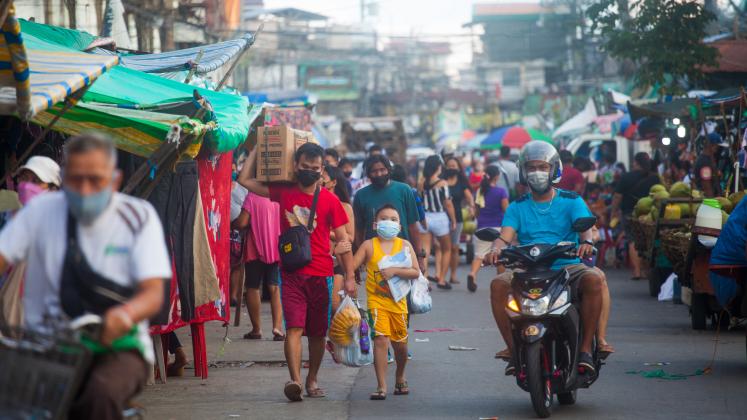SYLLABUS
GS-3: Conservation, environmental pollution and degradation, environmental impact assessment.
Context:
The UNFCCC COP30 Presidency Brazil introduced the Belém Health Action Plan (BHAP) on November 13 as the first International climate adaptation framework focused entirely on health.
More on the News
- The announcement was made during the fourth day of COP30 held in the Amazonian city of Belém, Brazil.
- An investment of USD 300 million was pledged by philanthropic organisations to support the implementation of the plan.
- The plan outlines 60 action items covering surveillance systems, evidence-based policies and health innovation to tackle climate-related health risks.
- The plan provides a roadmap for countries to manage escalating threats, including heatwaves, vector-borne diseases and disruptions to food and water systems.
UNFCCC (United Nations Framework Convention on Climate Change)
- The UNFCCC was signed in 1992 at the United Nations Conference on Environment and Development, also known as the Earth Summit, Rio Summit, or Rio Conference.
- It entered into force on March 21, 1994.
- The Convention has near-universal membership with 197 Parties.
UNFCCC COP-30
- COP30 is the 30th United Nations Conference of the Parties (COP), an annual global meeting where world leaders, scientists, non-governmental organisations, and civil society leaders gather to discuss actions to tackle climate change.
- It is taking place in Belém, Brazil, from 10 to 21 November 2025.
Belém Health Action Plan
- The Plan was released as the first detailed International framework focused on health-sector adaptation to climate change.
- The global objective of this Plan is to integrate the BHAP into UNFCCC progress reporting under the Global Stocktake and other relevant mechanisms.
- By COP33 (2028), during the next Global Stocktake, all Endorsing Parties will be invited to report on their progress in implementing the actions outlined in the Belém Health Action Plan.
- This plan is part of the COP30 Action Agenda, aligned with Objective 16, which promotes resilient health systems in the face of the climate crisis.
- This initiative builds on earlier UNFCCC decisions, World Health Assembly resolutions and the UAE–Belém Work Programme.
- The plan provides actionable guidance for countries to prevent, detect and respond to climate-related health challenges.
- The plan received endorsements from more than eighty partners including civil society groups, UN agencies and global health alliances.
- WHO, PAHO and UNFCCC leaders supported the initiative and stated that climate impacts on health are already visible worldwide.
- The new funding aims to strengthen the integration of climate and health data to support resilient health systems.
Cross-cutting Principles of BHAP
I. Enhancing Health Equity and the concept of ‘Climate Justice’: Adaptation measures must address health inequities and inequalities, which are exacerbated by climate change, and also noting the importance of ‘climate justice’, when taking action to address climate change.
II. Leadership and Governance on Climate and Health with Social Participation: The implementation of adaptation policies must be guided by principles of accountability, transparency, and oversight, within countries, adapted to their national circumstances and structures.
Rationale and Equity Dimension
- This plan recognises climate change as a major global health threat due to shifting disease patterns, mortality risks and stress on health systems.
- This plan notes that developing countries and vulnerable populations experience the greatest climate-linked health burdens.
- This framework emphasises the need for collective action and strong governance so that health systems can respond to extreme weather, rising heat and evolving disease trends.
Implementation Needs and Expected Outcomes
- This initiative provides tools for early warning, monitoring climate-linked health risks and enhancing health infrastructure.
- This document calls for integrated climate-health adaptation across all levels of the health system to save lives and build long-term resilience.
Key Significance of the Adaptation Plan
- This plan elevates health as a core pillar of global climate action for the first time.
- This initiative provides countries with clear steps to build climate-resilient health systems.
- This roadmap highlights the urgent need for sustained and predictable financing for health adaptation.
- This framework promotes equity, climate justice and participatory governance in health responses.
- This initiative encourages countries to shift from climate discussions to practical implementation.

